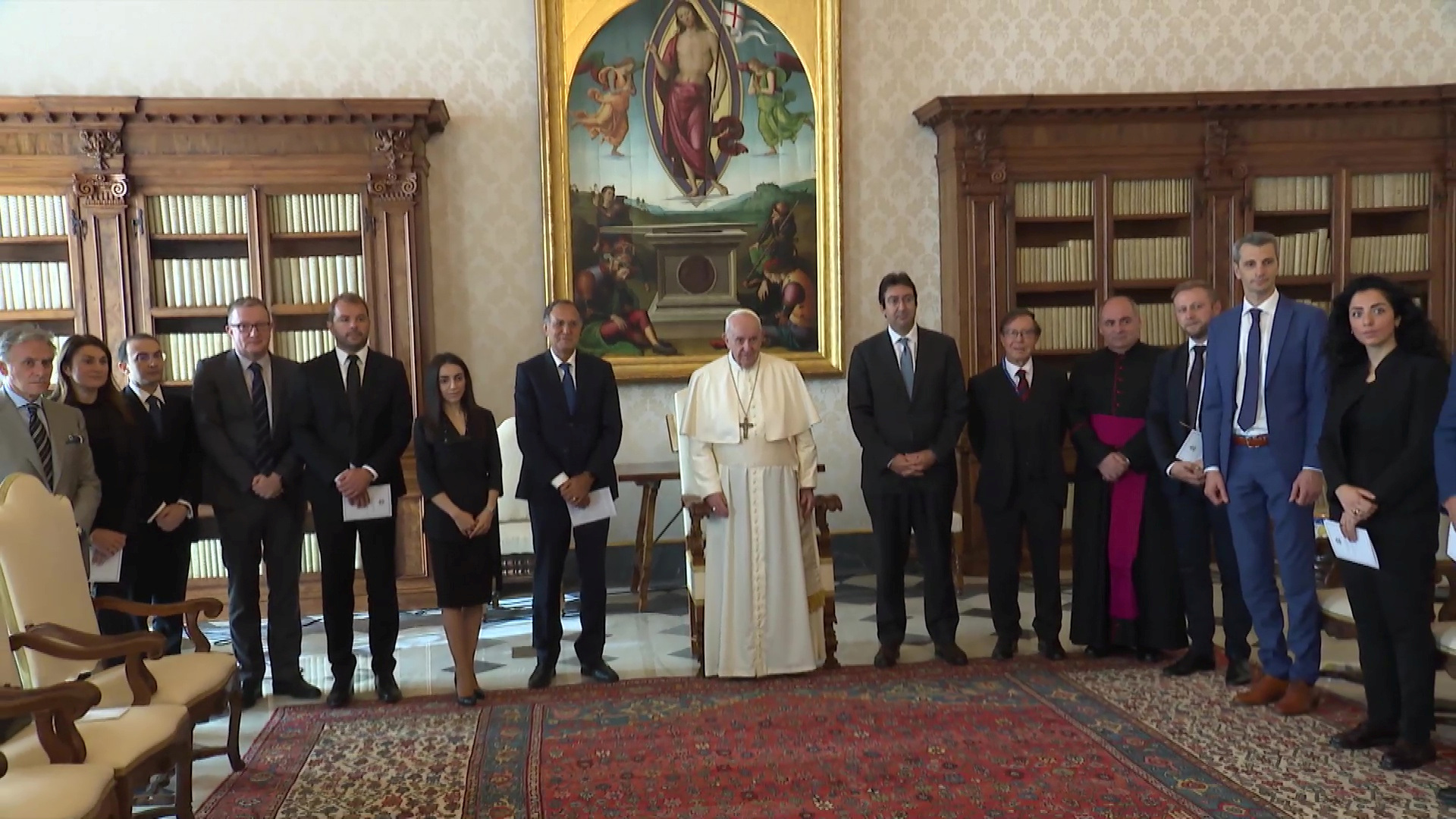Vatican makes progress against money laundering, European watchdog says

ROME (Reuters) – The Vatican has made progress in combating money laundering, a European financial watchdog said on Tuesday, handing it higher marks than previously for improving its banking and financial compliance measures.
Moneyval, the monitoring body of the Council of Europe, said the city-state had addressed the “technical compliance deficiencies” the authority identified in an April 2021 report.
In the past, the Vatican’s reputation has been tarnished by its opaque finances and, mainly, the activities of its bank, known as IOR, caught in cases of corruption, tax evasion, embezzlement, money laundering and real estate fraud.
But since the first assessment by the authority, during the papacy of the late Pope Benedict XVI, the Vatican has made numerous changes to its financial structure, overhauling its bank, establishing a financial supervisory authority and, overall, improving its transparency and accountability.
Pope Francis also changed the law so that bishops and cardinals would be judged by a lay court that hears criminal cases and not by an elite panel of prelates.
In the 2021 report, the financial watchdog had urged the Vatican to sharpen up its procedure for prosecuting senior clerics and hire more investigators with financial expertise.
Since then, the Vatican prosecuted and then convicted a senior cleric, Cardinal Angelo Becciu, for embezzlement and fraud, in a money-laundering case around the purchase of a high-end building in central London.
In this latest report, the Vatican improved its rating in three out of 39 applicable recommendations, regarding its relations with foreign banks, its handling of banking transfers, and legal representatives.
While compliant or partially compliant with 35 of the set criteria, the Vatican is merely partially compliant with four of them. The Vatican is expected to report back to Moneyval in four years’ time.







